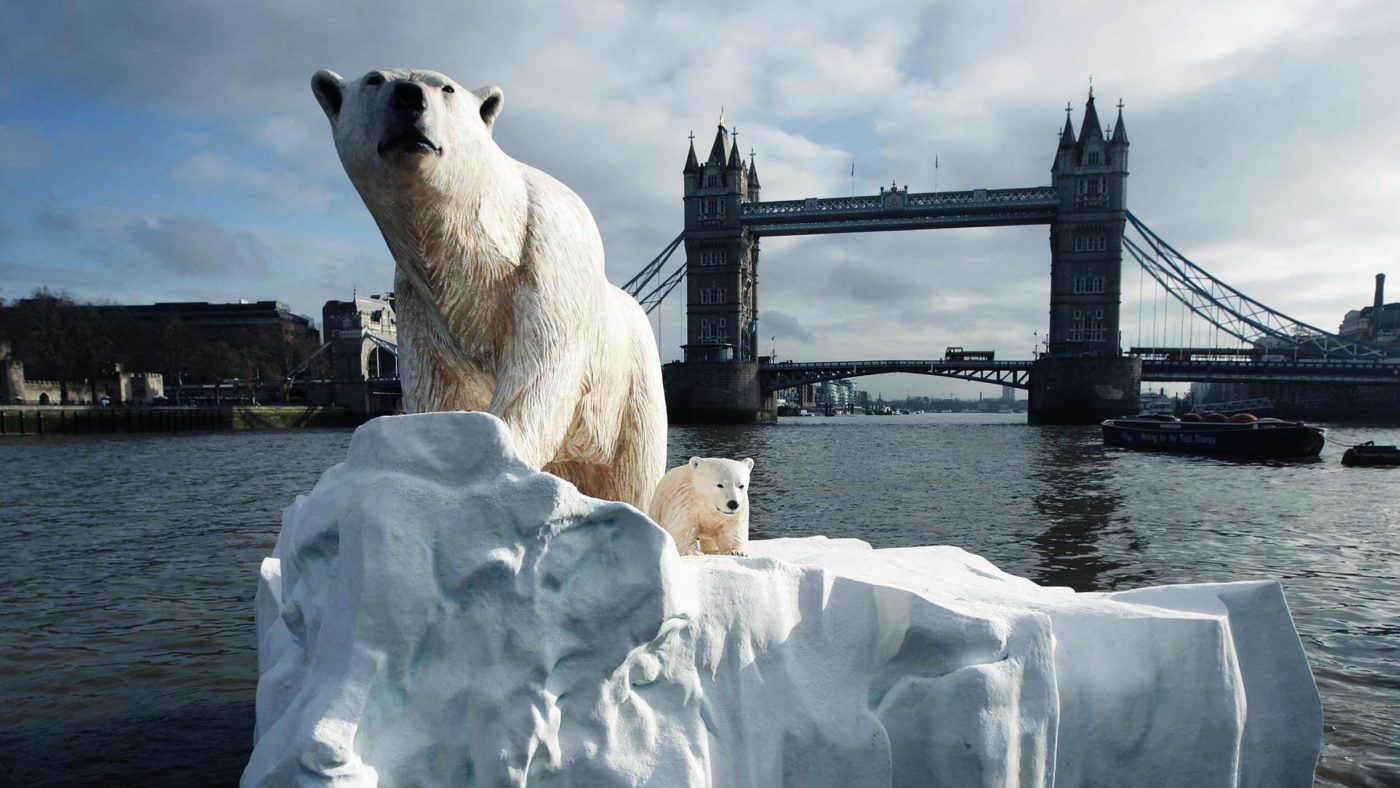Jarod Gilbert is a sociology lecturer at the University of Canterbury here in New Zealand. According to the byline of an article he published in a national newspaper last week, he “specialises in research with practical applications”.
His latest practical suggestion can be found in the title of his article: “Why climate denial should be a criminal offense”. According to Dr Gilbert,
“the scientific consensus [for catastrophic manmade climate change] is so overwhelming that to argue against it is to perpetuate a dangerous fraud”.
In 1915, you would have been hard pressed to find a physicist who believed that time slows down under gravitational force. Yet this is entailed by Albert Einstein’s general theory of relativity, first published that year. It was lucky for Einstein, and for the progress of science, that Dr Gilbert’s proposed prohibition on scientific dissent was not then in force.
If Dr Gilbert were a maverick academic authoritarian, we might simply chuckle. Alas, his proposal is characteristic of a rising culture of intellectual intolerance. Even at universities, many people seek victory for their opinions not by force of argument and evidence but by brute force – by laws like the one suggested by Dr Gilbert, by banning dissenters from speaking on campus, by campaigning for the dismissal of heretical lecturers or by shouting them down.
These new authoritarians usually declare a commitment to science. They merely wish to silence those who go against it. But this desire reveals a profound confusion about science – or, at least, about the element of science that should be protected. They seek to protect the particular theories that are currently orthodox by undermining the free competition between ideas that explains the extraordinary success of science over the last 500 years.
In this way, the new intellectual protectionists are like economic protectionists who recommend tariffs or subsidies to protect current businesses from competition. They aim to promote their favoured businesses in a way that undermines the competitive and entrepreneurial process that explains the extraordinary economic progress of the last 250 years.
What is going on? Why are universities becoming bastions of intellectual protectionism?
The analogy with business protectionism provides part of the answer. Competition between suppliers is good for consumers, be they consumers of ideas or of goods and services. But it isn’t much fun for the suppliers. Like businessmen, academics invest in their endeavours, often betting their careers on a theory, and they stand to lose much if competing ideas prevail. Using force to hinder competitors will always be a temptation.
But that is why self-interest can be only part of the answer. Self-interest is timeless but intellectual protectionism is on the rise. We need a change to explain it. What’s new that might explain the waning of patience with debate and dissent?
It is the increasing sense of moral superiority among self-described progressives, who make up the vast majority of academics and university students. That’s my hypothesis. If you think you have attained a morally perfect world view, you can only regret debate. People with weaker minds than yours may be led astray by dissenters. Why risk it?
You can see that their sense of superiority concerns morality from the ideas the authoritarians want to suppress. Righteous students at Cardiff University tried to ban Germaine Greer, the famous feminist, from speaking on their campus. They sought to protect other students from her views about transgender people: for example, that “just because you lop off your dick and wear a dress, [that] doesn’t make you a … woman”. These censors’ objection to Greer’s claims could not be gross scientific error, since they are apparently true. No, their objection was that Greer’s ideas might divert her audience from the path of virtue – in this case, enthusiasm for “trans rights”.
Similarly, Dr Gilbert and the others who seek to silence “climate deniers” would surely leave them alone if not for a prior commitment to the moral crusade of limiting emissions of greenhouse gases. Imagining themselves to have attained perfect knowledge of how people should behave, they cannot tolerate the expression of ideas that may discourage this behaviour.
Free and open competition between ideas is acceptable to the new authoritarians only when the ideas do not impinge on progressive moral concerns. You may be as heretical as you like in theoretical physics, for example. But stray out-of-bounds on topics such as gender, race or climate and you will soon find yourself in trouble.
If we already knew everything, debate and experiment would be pointless. But we don’t know everything and we never will. Liberalism is based on intellectual and moral humility, on the recognition that, no matter how much progress humans have made, we remain limited and fallible creatures. However certain we feel, we just might be wrong.
Of course, the new intellectual protectionists call themselves liberals. But it is a mere play on words. As self-satisfaction has replaced humility on the political left, “liberal” has changed its meaning. Modern “liberals” do not favour liberty, in either expression or commerce. They favour certain members of society and certain ideas, and are keen to use coercion in support of them. Nor are they truly progressive. Protecting current orthodoxies from competition can only stymie progress.
We live in the greatest period of progress in human history. This progress is not the result of any particular scientific theory or moral prescription. It is the result of intellectual and commercial entrepreneurialism, of free exchange and competition. If self-assumed moral superiors have their way, and limit the ideas allowed to enter the competition, we will soon find ourselves living at the end of the greatest era in human history.


